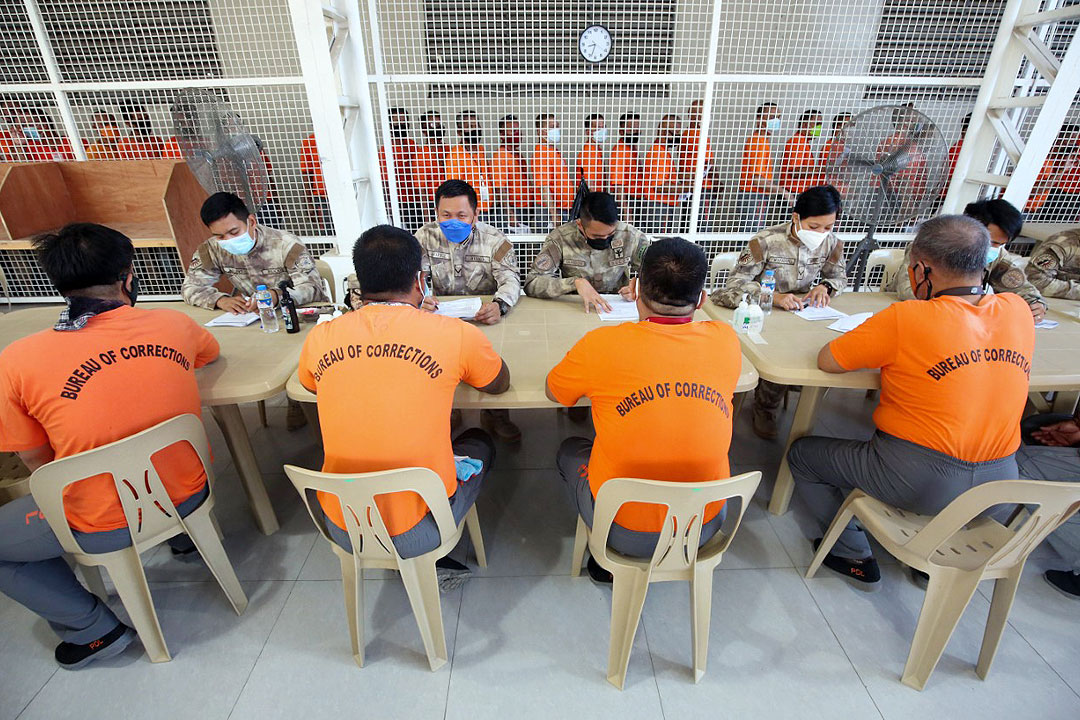Nearly 6,000 inmates freed under Marcos administration

A TOTAL of 5,982 inmates have been freed under the administration of President Ferdinand R. Marcos, Jr., the country’s Justice secretary told the United Nations (UN) on Monday.
“The principal guiding principle in our prison reform program is to consider PDLs (persons deprived of liberty) not as numbers but as human beings with dignity and rights,” Justice Secretary Jesus Crispin C. Remulla told the UN Commission on Crime Prevention and Criminal Justice in Vienna on May 22.
“Making our prison facilities in the Philippines more humane and more dignified is one of our priorities,” he said in his UN speech, a copy of which was sent to reporters on Wednesday.
He added that the Department of Justice (DoJ) had recommended granting executive clemency to 533 inmates who are elderly and sick.
The speech was delivered during a side event at the UN Commission’s 32nd session.
Mr. Remulla also cited the government’s efforts to accelerate legal proceedings for inmates detained due to pending criminal cases.
The DoJ earlier raised the requirement for filing criminal cases, mandating government prosecutors to ensure cases lead to a “reasonable certainty of conviction” to ease jail congestion. It has also halved the bail for poor Filipinos.
Mr. Remulla earlier told the UN Human Rights Council that the government aims to release 5,000 inmates by June.
Political prisoners group Kapatid on Tuesday asked the Supreme Court (SC) to fast-track its decision on its plea to a Writ of Kalayaan, which could be used to release prisoners who are vulnerable to coronavirus.
It said the DoJ has yet to release the elderly and sick political prisoners it informed the agency about.
Many of the country’s jails fail to meet the UN’s minimum standards given inadequate food, poor nutrition and unsanitary conditions, according to Human Rights Watch.
“I wish to reiterate in closing, the Philippines’ strong commitment to promote and adhere to the international standards in the treatment of prisoners — starting from their admission up to their release,” Mr. Remulla said.
“In fact, we have embarked on a whole-of-government, whole-of-nation approach in order to improve, if not reform, our corrections system.” — John Victor D. Ordoñez



